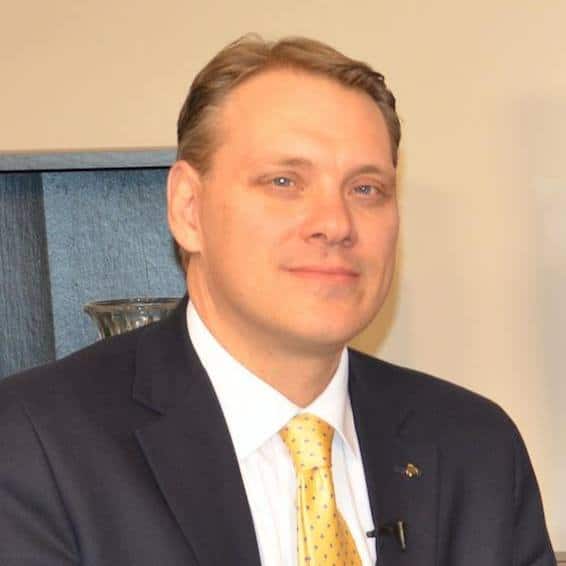I recently moderated a forum on racism, justice, and the Church, where three black pastors from Kentucky and Tennessee joined me and a colleague in a helpful conversation that brought a better understanding of the black community’s response to the senseless murder of George Floyd.

Pastor Richard Dixon of Bethel Community Church in Clarksville, Tennessee, reminded us that when black people saw the horrible video of George Floyd having his life snuffed out by a Minneapolis police officer, it was processed through a very different lens than the white community. Two-hundred-forty-six years of slavery, a hundred years of Jim Crow laws, and 60 years of “separate but equal,” were enshrined in American law and all enforced by the government. This is part of the black heritage that I as a white person really cannot relate to.
Many black people saw Derek Chauvin’s knee on Floyd’s neck as symbolic of institutional oppression. However, imperfect the symbol, it struck a nerve that was already frayed. In our conversation, I learned that empathy is critical to begin healing. This means we should listen to the stories of our black neighbors and co-workers and try to put ourselves in their shoes in order to better understand their stories.
At a time when short tempers are just a hair’s breadth from erupting into violence, members of all communities must with one voice denounce destructive outlets of rage and protest. Violence and vandalism add fuel to the fires of division. Cooler heads must prevail when tension is highest.
Kedrick Tembo, pastor of Corner of Hope Church in Louisville, shared a story of how his wife as a young girl growing up in North Carolina witnessed a parade where KKK marchers held racist flags alongside the Christian flag. I asked if any churches called it out and denounced the incompatibility of the two. He didn’t recall, but it should be clear to us that when we see open and blatant racism, it must be denounced as such. This takes courage.
Buddy Slaughter, pastor of Means Avenue Baptist Church in Hopkinsville, shared that they’ve had a number of white families worship with them only to see them stigmatized by their white peers for worshipping in a black church. Pastor Slaughter described one situation in more hurtful language that I won’t repeat. In either case, it takes courage to withstand social pressure in the workplace or in neighborhoods where racism’s immoral roots run deep.
Moral force is necessary for moral change to take place. The force that animated abolitionists to end slavery in the 19th century and propelled the civil rights movement of the 1960s must be embraced if we’re to see full reconciliation between the races in the 21st century.
Of course, if there is a moral force, there must be a moral lawgiver. Which brings religion into the public arena. If we are indeed “endowed by our Creator with certain inalienable rights” then everyone regardless of skin color or ethnicity should be afforded equal protection and equal treatment under the law. In order for this promise to be realized, it will take the institution of moral authority to speak and lead.
The problem we’re facing is deep. As Alexander Solzenitzhen said, “The line separating good and evil passes not through states, nor between classes, nor between political parties either — but right through every human.” So we need a solution to racism and injustice that reaches the deepest depths of the human heart, which is why the Church is central both to the discussion and the solution.
A central doctrine in Christianity is forgiveness. Each of the pastors who participated in the forum preaches the gospel of a Savior who bore the weight of injustice and evil in order to free us from the tyranny of our own sin. It takes humility to accept this. But once accepted, it frees one community from dwelling on past injustices while it frees another community to extend an olive branch and seek forgiveness.
Since forgiveness is the beginning of the hard work of reconciliation the Church will be central to any hope of lasting racial harmony. That’s because it’s the only entity weighty enough to speak with a moral force that digs deep into the human heart necessary to begin the healing process.
Richard Nelson is director of the Commonwealth Policy Center, a conservative Kentucky think tank. The center also has a political action committee.



